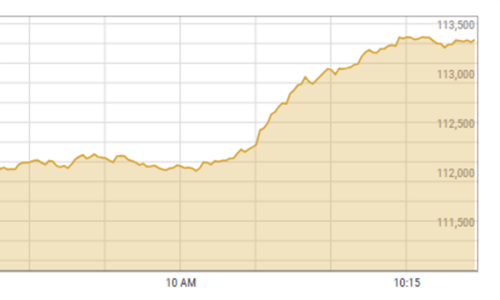CHRISTS HOSPITAL: David Exwood’s glossy, chestnut-brown Sussex cattle are brought in during the winter months and, apart from the bellowing that comes from their barns, his 1,000 hectare farm is quiet.
But while the inaction on his farm, near Horsham, southeast England, is typical of many in the colder months, it belies tensions across British agriculture as the sector braces for the New Year.
“Brexit is just all about damage limitation, really,” Exwood told AFP, just days away from Britain’s departure from the European Union single market and customs union on Dec 31.
“It’s damaging our reputation as a country, our economy. Now I’ve just got to try and prevent it damaging my business.”
Since Britons voted to leave the EU in 2016, farmers have had to contend with four years of uncertainty.
Would tariffs be placed on goods exported to the bloc? What changes might be made to farming subsidies previously decided by Brussels through the Common Agricultural Policy (CAP).
Britain’s Department for Environment, Food and Rural Affairs answered some of those questions on Thursday, as Britain’s trade deal with the EU was being finalised.
The UK’s 5 billion ($6.8bn, €5.6bn) in animal exports to the continent would continue after Brussels said it had met the necessary animal health standards.
Exwood, whose farm holds 600 cattle and 800 hectares of arable crops, has been better insulated against the prospect of a no-deal Brexit and the tariffs on livestock exports that would follow. His beef is sold in the UK.
British sheep farmers, who sell almost a third of their meat to the EU, had warned the market would evaporate overnight if 50 per cent tariffs were imposed in the event of a “no-deal”.
Despite greater certainty, there are still many unknowns.
Britain has been granted “national listed status”, allowing the continued export of meat, fish and dairy.
That means exporters will require a health certificate signed by a recognised vet to continue trade after Dec 31.
“We’ve prepared as much as we can,” Exwood said.
“We know about the paperwork, we know about the extra cost, we know about the delays at the ports, but it’s the things we don’t know about that will probably do the most damage.”
Closer to home, UK farmers are grappling with changes to subsidies which have been laid out in the Environment Land Management Scheme.
The government has called the change the most fundamental shift in UK farming policy for 50 years.
Published in Dawn, December 27th, 2020












































Dear visitor, the comments section is undergoing an overhaul and will return soon.